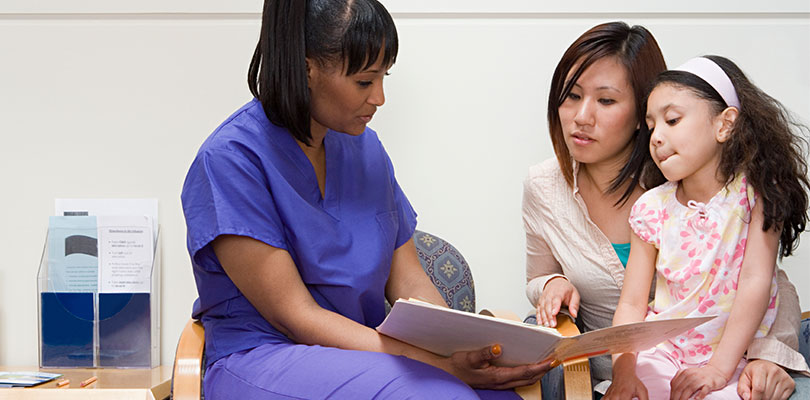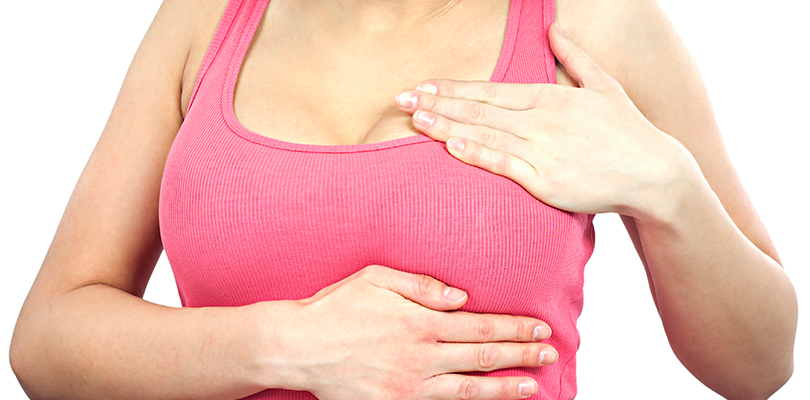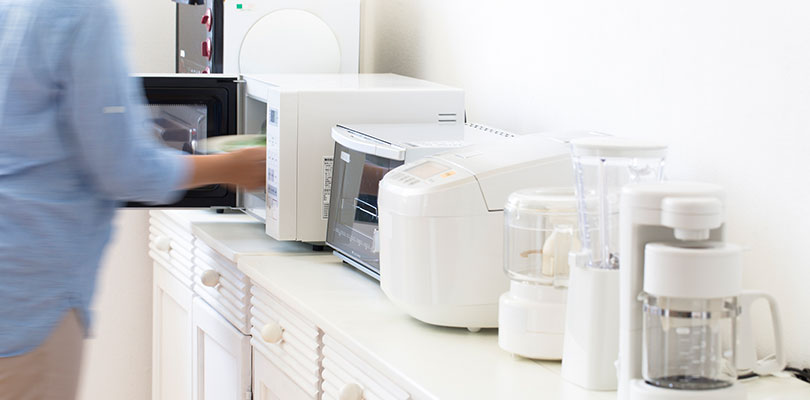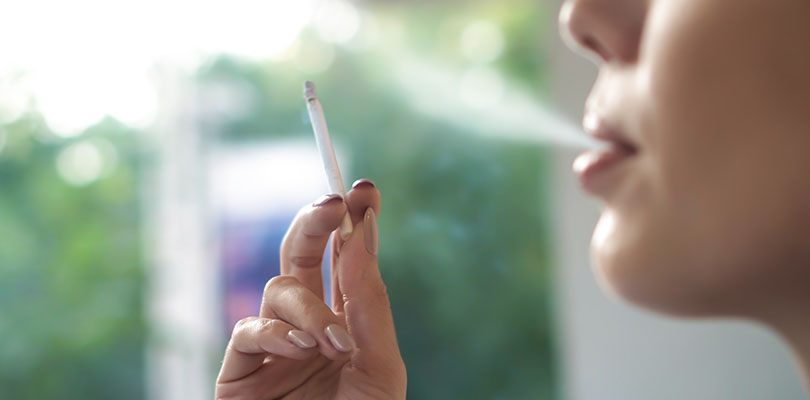Photo Credit: XiXinXing / iStockPhoto.com
Educating Your Children and Providing a Preventative Environment
The vast majority of breast cancers develop over periods of many years. Measures to prevent the development of this disease must be implemented while children are young. While most people who develop breast cancer are female, males can also develop it — a fact many aren’t aware of.
In developed countries breast cancer occurs at much higher frequencies than it does in less developed societies. Its occurrence is much higher now than it was 50 years ago; many theories exist about why this is and much controversy surrounds this topic. Experts believe that diet, pollution and lifestyle changes have contributed to the explosion in the number of individuals who have breast cancer.
Give Your Child the Best Chances for Living Well
Make sure children engage in vigorous play for at least one hour daily, outside if possible. Vigorous play supports detoxification and improves circulation of lymphatic fluid, as well as it supports a healthy immune system. It is also important to provide children with time to relax and engage in imaginative play, so limit their use of electronic gaming devices.
Getting a good night’s sleep is vitally important for promoting proper hormonal function. Melatonin is a natural compound the human body produces to promote a healthy sleep-rest pattern. If your child likes a night light, make sure it is not overly bright. Have a standard bedtime for your children so their bodies will develop healthy sleeping patterns and they will be revitalized during the day.
Show Your Children How to Relax
Teach your children how to meditate or pray; children as young as four can be taught simple meditation skills. Encouraging children and teens to sit quietly, relax, close their eyes, and concentrate on their breathing for a few minutes twice daily can help them to gather their thoughts and unwind.
Show your children how to use meditation and yoga postures to provide physical and mental relief when they feel stressed. Stress reduction and management is an important part of cancer prevention.
Create a Toxin-Reduced Environment
Ensure your children drink water from a healthy source, and that it is their primary beverage. Many watersheds are tainted with toxins, including pesticides and pharmaceutical wastes, which cause hormonal disruption. If you have a well, get your water tested. Consider purchasing a water filtration system for your home, tap, or portable water storage container.
Use nontoxic cleaning products in your home. Simple homemade cleansers are readily made, effective and economical. If you prefer to purchase products, use ones that contain ingredients whose names you can pronounce.
If you have a teenager who wears makeup, encourage them to only purchase natural cosmetics. Many ingredients in skincare products can potentially disrupt the balance of hormones, which contributes to breast cancer development. Parabens and sodium laurel sulfate are common ingredients in skin and hair care products — avoid their use as they are particularly disruptive.
Use glass products instead of plastic whenever possible. Plastic products made from polyvinyl chloride (PVC) contain cancer-causing compounds.
Do you know how to prevent cervical cancer? Learn how it develops and how cancer screening, safe sex, and smart lifestyle changes can decrease your risk.
Do not allow your children to reuse packaged water bottles. Better yet, buy a non-toxic water bottle for each child and fill it yourself. You will save money, protect the environment, and provide your child with a healthier alternative to bottled water.
Encourage healthy dental hygiene practices as a means to reduce the development of cavities and the need for fillings. Avoid mercury-based dental fillings.
Address Sexual Activity and Alcohol Use
Discuss sexual health with your child. If you have a teenager who is sexually active, discuss the array of contraceptives are available for them. Stay informed about products — many new types are available and become available all the time.
While prevention of unplanned teen pregnancies is extremely important, recognize that hormonally-based contraceptives, such as injections, implants and birth control pills, work by disrupting the natural hormonal cycle, which is a risk factor with breast cancer.
Educate your children about the dangers of alcohol, as well. In addition to the disastrous effects alcohol has on many lives, alcohol use is a risk factor for the development of breast cancer.
Provide Your Children With a Cancer-Fighting Diet
Being overweight or obese are major risk factors for the development of breast cancer. Help your children maintain healthy weights while they are young, which is vitally important because eating habits develop during childhood. If your child is overweight, consult with your pediatrician.
Provide your family with high fiber meals. They are inexpensive, filling, and aid in the elimination of toxins from the body. Include plenty of seeds, such as hemp, sesame and flax, in your child’s diet. Keep a delicious array of fresh, raw produce available for meals and snacks. Purchase or grow organic foods when possible.
Limit meat consumption. Most meats, particularly poultry products, come from animals that have been treated with hormones and antibiotics. Antibiotics are often used in the production of animal products because the animals are provided with terrible living conditions — they get sick because of inhumane practices.
Also look for dairy products labeled as hormone-free. While many in the dairy industry say the addition of hormones is harmless, common sense tells us otherwise.
If you serve fish and seafood, make sure it is the wild, ocean caught variety. Farm raised fish and seafood do not contain the same amounts of healthy compounds and they may be raised by methods that pollute the planet.
Start Your Children on Healthy Path Which
Be sure your children get regular checkups with their primary care providers. Girls need to learn how to check their breasts for lumps. While most individuals who develop breast cancer are older, some people get it while they are barely out of their teens. Encourage your daughters to get screening tests done as recommended by their health care providers.
Learn about and teach your children the signs and risks of breast cancer. Follow the steps outlined above so your children will be less likely to develop cancer later in life. These actions not only protect your children from breast cancer, they lay the foundation for a lifetime of healthy living.







